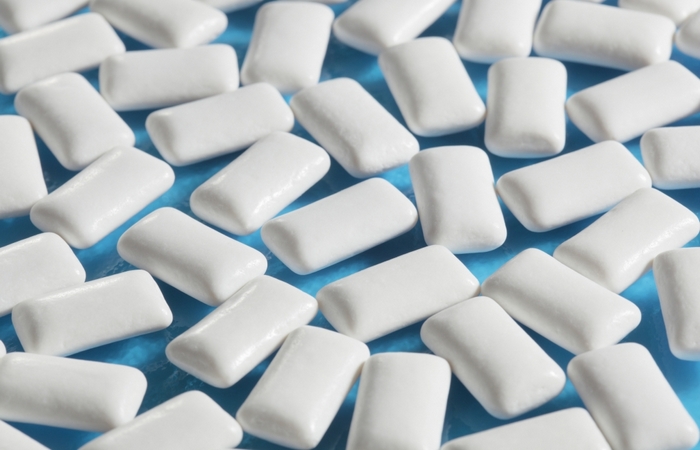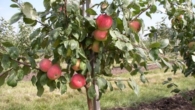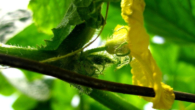
These 5 foods we eat every day are made from petroleum
0
What is not made from oil – fuel, engine oil, cars, computers, clothes and cosmetics. Oil is also added to the food we eat every day – we tell you why.
No normal person would want to swallow something inedible, let alone oil. But in fact, oil is one of the most versatile products found on earth, consisting of many hydrocarbon chains. Thanks to the chemical industry, oil is able to be modified in such a way that it easily enters our body. There's nothing good about it, so it's important to know what foods to avoid if you don't want to absorb fuel fluid derivatives.
1. Chewing gum
It is surprising, but the chewing gum, which is supposed to freshen the breath and take care of the health of the oral cavity, is made of petroleum products! After all, children love chewing gum so much. The “chewing” basis of chewing gum is petroleum polymer, polyethylene and paraffin resins. And dyes and flavorings, which are often made from the same oil, are responsible for the aromatic and flavor composition of chewing gum. By the way, chewing gum does not undergo biochemical decomposition, and therefore harms not only the human body, but also the environment.
When buying a child chewing gum, remember that it is made of petroleum
2. Candies and lollipops
Another favorite type of food not only for children, but also for adults is sweets, lollipops, marmalade, etc. Bright, multi-colored, with rich flavors – have you ever thought that such colors are quite rare in nature? Many dyes and preservatives approved for use in the food industry are artificial and have a synthetic basis. For example, dye E129 called red magic AC or preservative sodium benzoate E211. Oil under the name edible paraffin can also be found in the composition of some chocolate candies.
3. Vanilla flavored products
Vanillin is also made from the products of oil processing, a flavoring with a rich aroma, which we associate exclusively with pleasure and tenderness. Delicious cakes and pastries with vanilla cream, morning vanilla latte and vanilla filling – they are all most likely made with the use of vanillin. Which, in turn, is made from the aromatic hydrocarbon benzene. In large doses, vanillin can be poisonous, so a safe daily rate of its consumption has been established — 10 mg/kg/day: for example, a person weighing 70 kg can eat up to 700 mg of vanillin per day, which is physically impossible. By the way, the artificial sweetener saccharin is also made from benzene.

4. Chips and salty snacks
In the middle of the 20th century, American scientists developed a superfood – the synthetic fat olestrawith zero calories, which became a dietary alternative to vegetable and animal fats. Manufacturers have begun to add it to chips and other snack foods that are usually fattening. Only olestra is made from mineral oil made from petroleum, so it does not go rancid. Due to the special structure of the molecules, human digestive enzymes are unable to break down this synthetic fat, and it is excreted from the body practically unchanged. True, sometimes it settles in the intestines, where it accumulates and provokes inflammation and the development of various diseases. It also interferes with the assimilation of some useful substances, for example, beta-carotene and fat-soluble vitamins. But inventive manufacturers now add vitamins A, D, E and K to products with olestra – and write on the product label about its increased benefits. In some countries, the use of this synthetic fat is prohibited.
5. Aspirin
And the last substance, which is not a food product, but which we use quite often, is acetylsalicylic acid. Surprisingly, these medicines are also made from oil. Scientists learned to produce salicylic acid from phenol back in 1874, and since then, not only aspirin, but also many antibiotics and antiseptics are made according to this principle. The case when oil kills everything in its way in our body, and we are glad. Laxatives are also made from petroleum products.










Leave a Reply